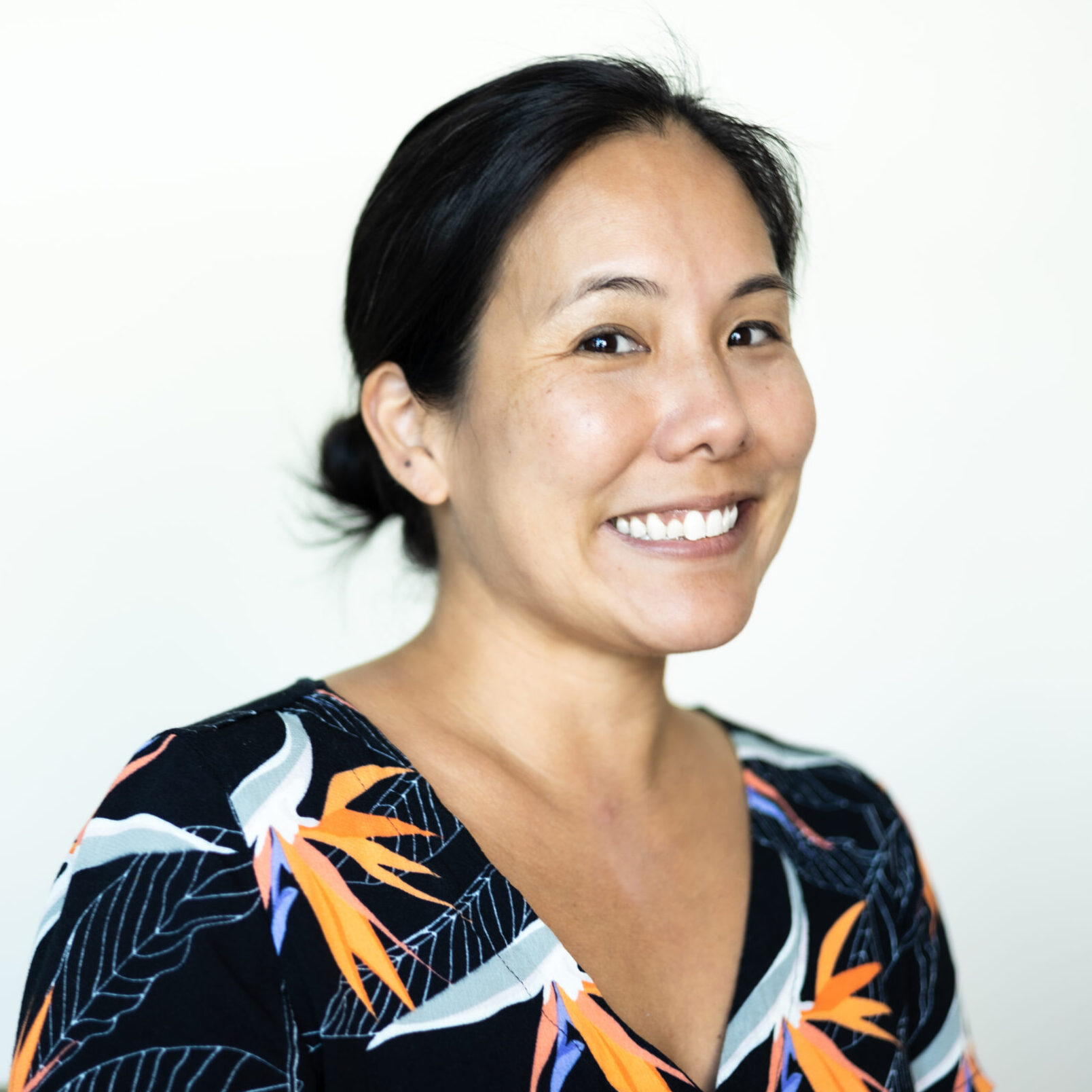Find a CBT Therapist
Search through our directory of local clinicians.
Kelsie H. Okamura
Mentor Spotlight

The ABCT Academic Training and Education Standards committee annually solicits nominations for the Spotlight on a Mentor recognition to highlight the diversity of excellent mentors within the membership ranks of ABCT. Its goal is to spotlight promising early-career and well-established mentors across all levels of academic rank, areas of specialization, and types of institution. We asked the three 2023 winners to share some wisdom related to their own influential mentors, their mentorship philosophy, and advice for mentees and aspiring mentors.
Find out more information about the program on our Mentor Spotlights page.
Dr. Okamura (she/her) is an Implementation Researcher at the Baker Center for Children and Families, a Harvard Medical School affiliate, and a licensed psychologist. Dr. Okamura serves on the training, consultation, and distance learning development teams at PracticeWise, LLC. She received her BA in Psychology with Honors and PhD from the University of Hawai‘i at Mānoa. Dr. Okamura completed her predoctoral internship at I Ola Lāhui Rural Hawai‘i Behavioral Health and postdoc at the University of Pennsylvania Center for Mental Health.
Dr. Okamura was both a NIMH Child Intervention, Prevention and Services (CHIPS) and Training in Dissemination and Implementation Research in Health (TIDIRH) fellow; and has more than 30 peer-reviewed journal articles and book chapters. She currently serves as Leader for the ABCT Dissemination and Implementation Science Special Interest Group and is a Diversity, Equity, and Inclusion Advisory Group Member to Implementation Research and Practice. Dr. Okamura is passionate about community-based public-sector service system implementation, particularly (a) knowledge formation, (b) quality improvement initiatives that bridge team-based technology, and (c) financial strategies to improve implementation.
She is currently funded through the Substance Abuse and Mental Health Services Administration (Co-PI, System of Care Expansion Award), and has received funding through the National Institute for General Medical Services, Robert Wood Johnson Foundation, and American Psychological Foundation. As a fourth-generation daughter of Japanese and Okinawan immigrants to Hawaiʻi, Dr. Okamura has a deep appreciation of understanding diversity, culture, and contexts as they apply to youth mental health implementation.
Growing up in a rural town in Oʻahu, Hawaiʻi has afforded her insight into the complexities of socioeconomic and cultural barriers that may impede successful implementation of youth psychosocial interventions.
From Dr. Okamura:
“I continue to benefit from multiple mentors who have shaped my life both professionally and personally. Mentorship is the greatest privilege I have as a researcher and the part of my job that is most rewarding. I currently mentor four rising research assistants in various stages of their academic careers. Fundamental to our mentorship is the bidirectional learning that comes from a trusting and solution-focused relationship.
I am guided by principles that transcend my professional career and personal life, that have been instilled in me by various team-based sports and well-being activities. Namely, I am inspired by Buddhist teachings related to impermanence and the ever-changing nature of all living beings. That said, my mentorship approach is tailored to each individual needs and varies based on their career stage and goals. I also follow the kaizen principle of continuous improvement with the ongoing goal of finding new areas to develop and hone skills. Each mentorship relationship and individual meeting starts with a clear agenda and goals to help align priorities.
Whereas some mentors might find personal aspects of their trainees’ life to be off limits, I do my best to create open communication (with some safety caveats) to discuss anything that may be relevant to each trainee’s goals.
I (try to) bring humor to every interaction with trainees. I believe laughter is universal to creating trust and building relationships. I also am patient with trainees. There are countless times where I could easily provide guidance or what I perceive to be the right path forward. However, I feel the biggest responsibility that I have as a mentor is to guide (or coach) trainees to decisions and make sure that they feel empowered to make decisions. It also helps when they come back to me with a favorable outcome (usually to thank me) and I can say definitively that they made the decision and took the action (and nothing that I did is attributable to the favorable outcome aside from a suggestion).
As I mentioned earlier, I have benefitted from multiple mentors that serve to advise on various aspects of my life. My former major advisor, Dr. Brad Nakamura, continues to be a source of solid and consistent professional development advice. However, I personally seek out these opportunities for mentorship.
I currently serve as the Dissemination and Implementation Science Special Interest Group leader. Each year in our annual membership survey, we have feedback from members that asks leadership to create more networking opportunities. We happily do this through our annual happy hour, preconference, quarterly coffee breaks, buddy system, conference submission matching service, and various committees. It would make me extremely happy if there were more members taking advantage of these opportunities.
My larger point here is that you should seek out mentorship from diverse perspectives and use your critical thinking skills to find the right fit for you based on your goals and needs.”
